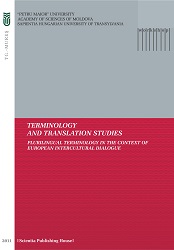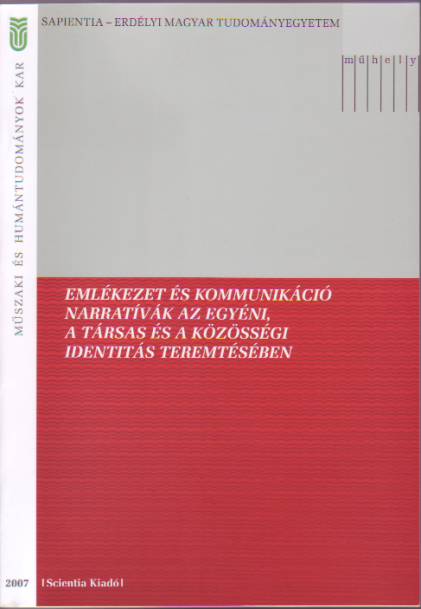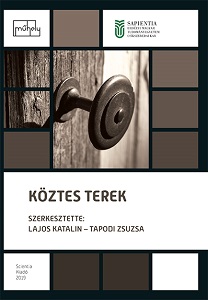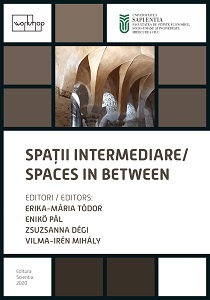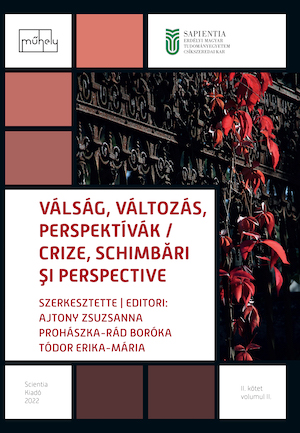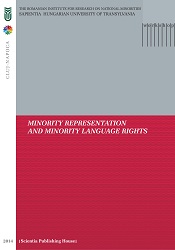
Minority Right Legislation in the Inter-War Period, a Prologue to the Present-Day European Convention and Charter of Minority Rights
The evaluation of the state of the nation regarding linguistic minority rights, under protection of the European Charter, has to point out some important weaknesses, such as the multi-interpretable concept of minority, the flexible – let alone the manipulative – implementations of minority rights by the contracting states, the vague obligations imposed upon them to correct abuses, and a legal deficiency making juridical examination impossible. It is evident that the minority right is a right by intention, not by law, and therefore sensitive to many interpretations and misinterpretations, and, of course, political interests damaging the interests of the minorities. Consistent rules of control and correction can only be derived from laws, and it is evident that in this respect the Charter is nothing but a framework and gaps still have to be filled up in order to make it a foundation in the protection of minorities. To add some more aspects of imperfection, we state the following problems: who is entitled to ask for minority rights: individual citizens or representing organizations too, in which case further questions have to be put about what and who these organizations represent both in relation to the minority and to the state. Some European states, such as France, or Greece, resolved some of these problems in a drastic way by only recognizing individual members of minorities in their quality as citizens. This may reduce the problem in restricting minority rights to individual subjects, entitled to ask personal rights to practise their cultural peculiarities in private. On the contrary, other states, such as Belgium, deny individuals a collective minority status, not to undermine the precious conflict-reducing bi-territorial administrative settlements. In other words, the arrangements in which each of the state constituting nationalities, the Flemings and the Walloons, are obliged to exclusive language usage in their own federal part of the country, which denies their language a legal status in the federal part of the other nationality. The Catalonian autonomous region in Spain is another example being a semi-national territory with the administrative usage of the regional language above the national one. It looks like a matter of course that these states signed but did not ratify the ‘European-made’ minority rights laid down in the Charter. The Charter needs improvement by accommodating these differences. However, when it comes to a revision, allowing uniform European directives, we have to ask ourselves if it is profitable for the minorities, as a European regulation, denying differences between the European nations and their traditions, too, often results in resistance against and undermining the contemplated goals. My proposed conference contribution wants to attune to history, directing attention to the first European-wide minority legislature as drafted in the Peace Treaties concluding World War I. The League of Nations, the unhappy predecessor of the present-day United Nations, appointed itself with the task to implementing minority rights in the constitutions of the newly erected nation states. However, its minority protecting system collapsed dramatically and could not prevent the outbreak of a second World War. When Marácz suggests a European bench marking as the pivot of the minority legislature, we should like to take advantage by pointing out the importance of public report and discussion, because, between 1920 and 1940, just these were severely wanting by the failing system of the League. International law lost its authority and could not resolve or even relax the tensions between the state and its minorities any longer, leaving Central Europe to become a chimera in the struggle between peoples and nations: a struggle within and between nation-states, fighting against their minorities, privileging their own nation and supporting this nation as a minority in neighbouring states. This was due to unsolved and, at that time, unsolvable questions. The United Europe eliminated some of these questions, but others still need a solution; so what do we have to learn from the inter-war mistakes in order to make the Charter a foundation for European legislation?
More...
